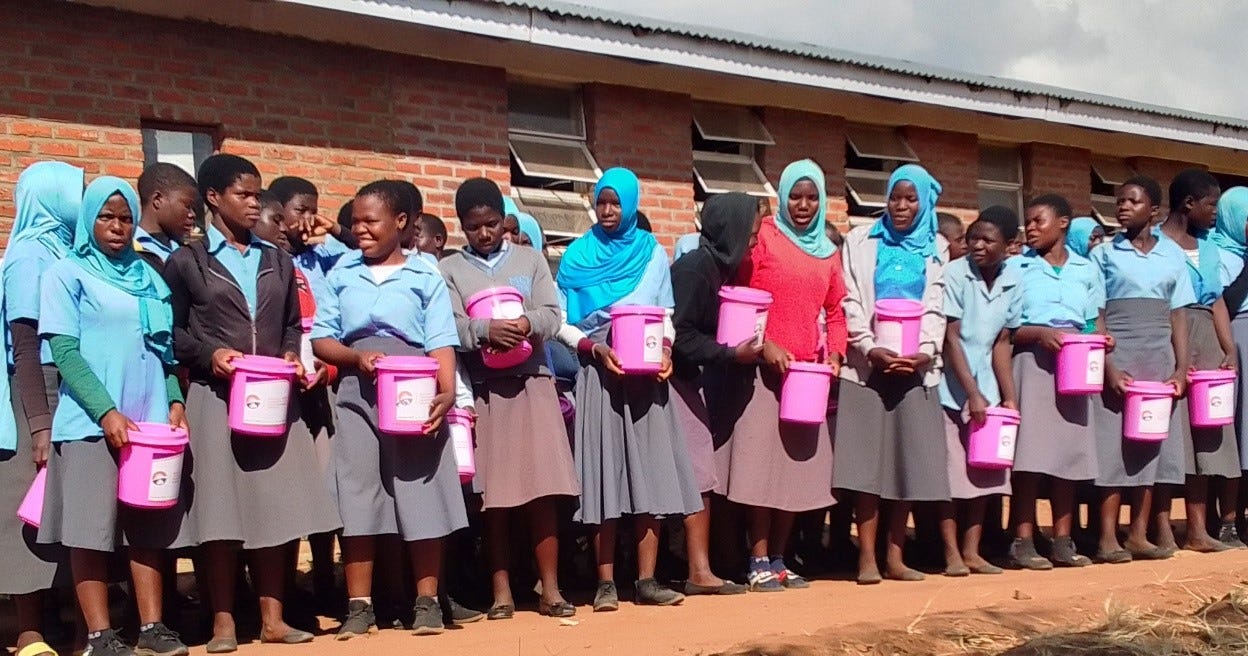Malawi officials, NGOs combat gender violence in schools, empower girls
The coordinated efforts between government agencies and NGOs highlight the growing recognition of the link between gender-based violence and educational challenges in the country.
DEDZA, Malawi— The Malawi government and NGOs are intensifying efforts to address gender-based violence and cultural practices hindering girls' education in secondary schools across the country, writes Edward Chikwanda.
UNICEF reports that 42% of Malawian women have experienced physical violence from a partner, significantly higher than the global average of 27%.
Maria Monteiro, Gender and Development Officer for Dedza district, said gender violence is severely impacting education, leading to high dropout rates among girls.
"We are conducting gender talks in various secondary schools to empower girls," Monteiro said.
"We're teaching them about types of abuse, their effects on education, and orienting teachers from both private and government schools on curbing gender violence."
The Civil Society Education Coalition (CSEC) is implementing strategies to support vulnerable students.
CSEC Executive Director Benedicto Kondowe said Sunday that the coalition provides bursaries to needy students and works with community chiefs and mother groups to create supportive environments for girls' education.
"CSEC is also providing reusable pads to address one form of gender-based mockery that girls face during their monthly periods," Kondowe added.
These initiatives aim to promote human rights, justice, equity, and equality while improving educational outcomes for girls in Malawi.
The coordinated efforts between government agencies and NGOs highlight the growing recognition of the link between gender-based violence and educational challenges in the country.



